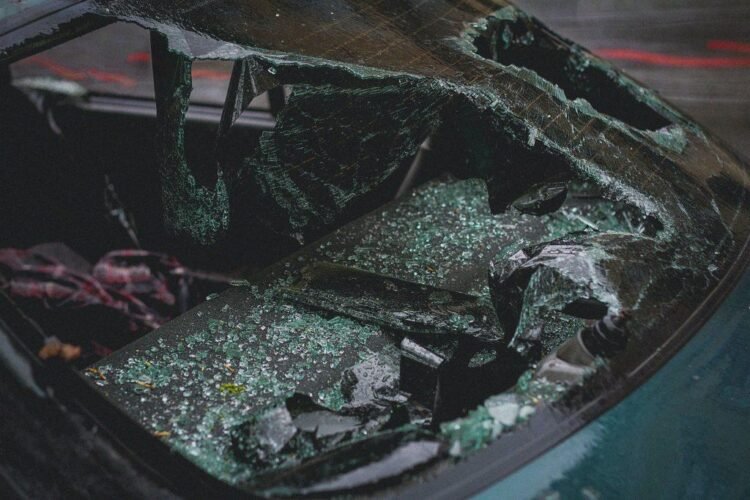Even minor car accidents can have long-term effects on your health. After a minor collision, many individuals walk away feeling fine, thinking no injuries have been sustained. The consequences of such accidents, however, are not evident right away.
Getting medical help after a minor car accident is crucial for your general health. Over time, delayed symptoms may intensify, and hidden injuries may go undetected.
Furthermore, settling insurance claims and legal procedures depends on having accurate medical documents. Your health and financial stability could face long-term consequences if you ignore these variables.
Reasons to Seek Medical Care After a Minor Car Accident
A. Detecting Hidden Injuries Early
Finding injuries that might not be immediately apparent is one of the main arguments for getting medical attention. Delays in symptoms are common in conditions such as concussions, soft tissue injuries, internal bruising, and whiplash. For example, a minor concussion may only show up as mild cognitive issues later, while whiplash could lead to discomfort and stiffness weeks after the incident.
Moreover, shock and adrenaline might conceal the pain in the immediate aftermath of an event, making you think you are unharmed. In order to avoid potential problems like chronic pain, restricted mobility, or long-term neurological disorders, a thorough medical evaluation guarantees that underlying injuries are identified and treated as soon as possible.
B. Insurance and Legal Protection
Protecting your financial and legal interests is another important reason for getting medical attention. To handle claims following a minor car accident, insurance providers frequently need documented proof of injuries. Insurers might argue that your injuries are not connected to the accident or are not severe enough to justify compensation if you do not seek medical attention right away.
Medical documents are important evidence showing a clear connection between your injuries and the accident. If you file a personal injury claim, these documents may also be crucial in court. You can protect your health and ensure adequate coverage for medical costs and other damages by consulting with a healthcare provider as soon as possible.
Common Medical Assessments Following a Minor Car Accident
A. Immediate Attention
Following a minor car accident, it’s a good idea to get emergency medical care, even if you feel fine. To rule out internal injury, doctors may order imaging tests like MRIs, CT scans, or X-rays in addition to performing a physical examination to evaluate any apparent injuries. These tests are essential for detecting problems such as internal bleeding, soft tissue damage, or fractures.
B. Treatments and Follow-Up Visits
To track your recovery and treat any delayed symptoms, follow-up appointments are crucial in addition to emergency care. Depending on the extent of your injuries, your primary care physician might recommend that you see a chiropractor, physical therapist, or pain management specialist.
Physical therapy after a car accident is beneficial for regaining mobility and strength following injuries such as muscle strains or whiplash. These check-ins ensure that your recovery goes well and that new problems are dealt with immediately.
C. Monitoring for Long-Term Symptoms
In the weeks after an injury, monitoring your health is critical. Keep an eye out for symptoms that can indicate underlying issues, such as numbness, dizziness, back pain, or chronic headaches. To ensure a full recovery, doctors can detect and treat these problems before they get worse with the help of regular checkups.
Addressing Mental Health Concerns
Minor car crashes can impact one’s mental health in addition to their physical health. Anxiety, flashbacks, and even post-traumatic stress disorder (PTSD) are relatively common after an accident. If these issues are not dealt with, they may have an impact on relationships, employment, and day-to-day living.
You may deal with these feelings and restore control by attending therapy or counseling. Therapists can offer coping mechanisms to help people manage the fear or anxiety associated with driving again. Remember that taking care of your mental health should be given equal priority to healing physical injuries and that resolving emotional issues early on can help you avoid long-term distress.




